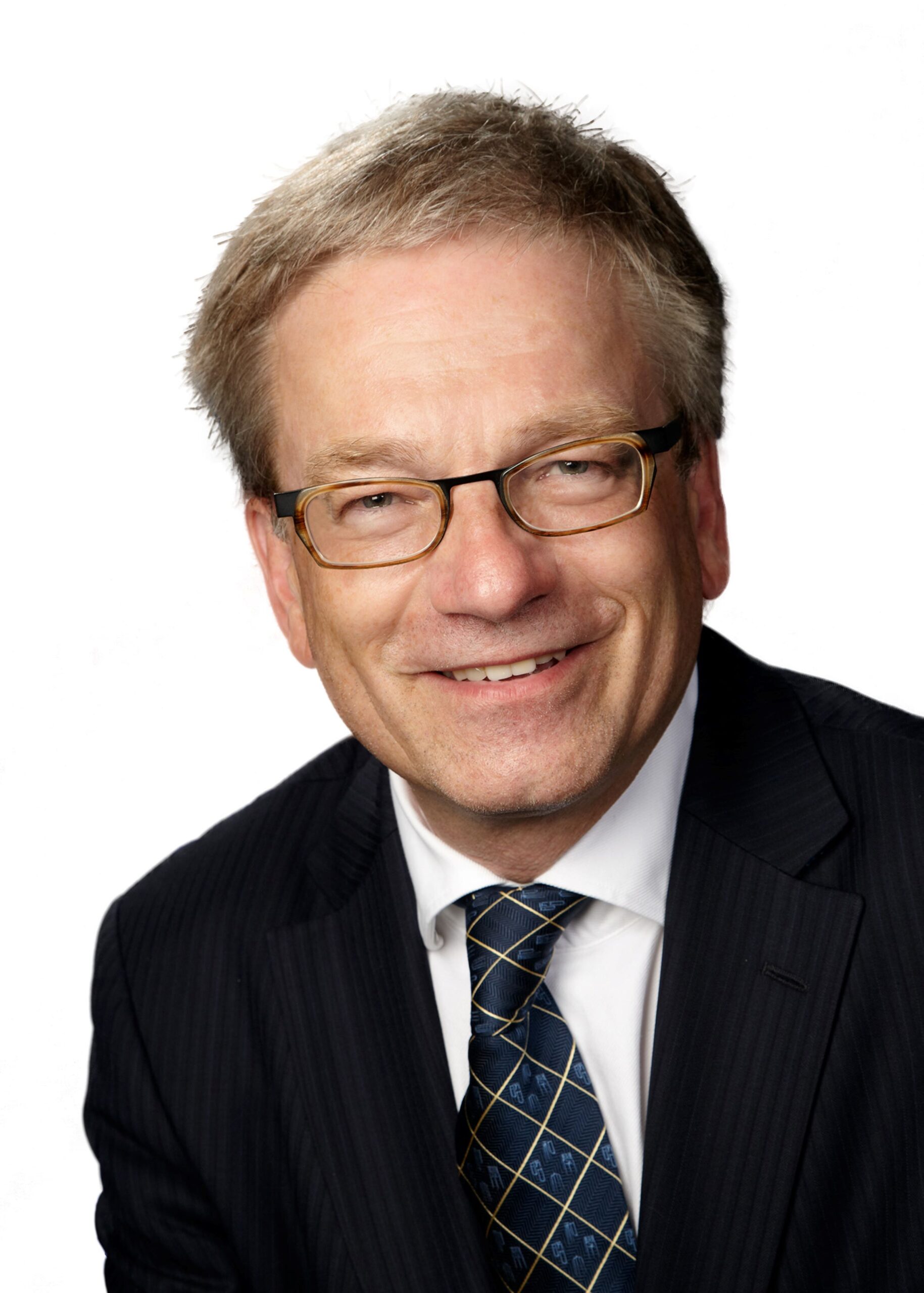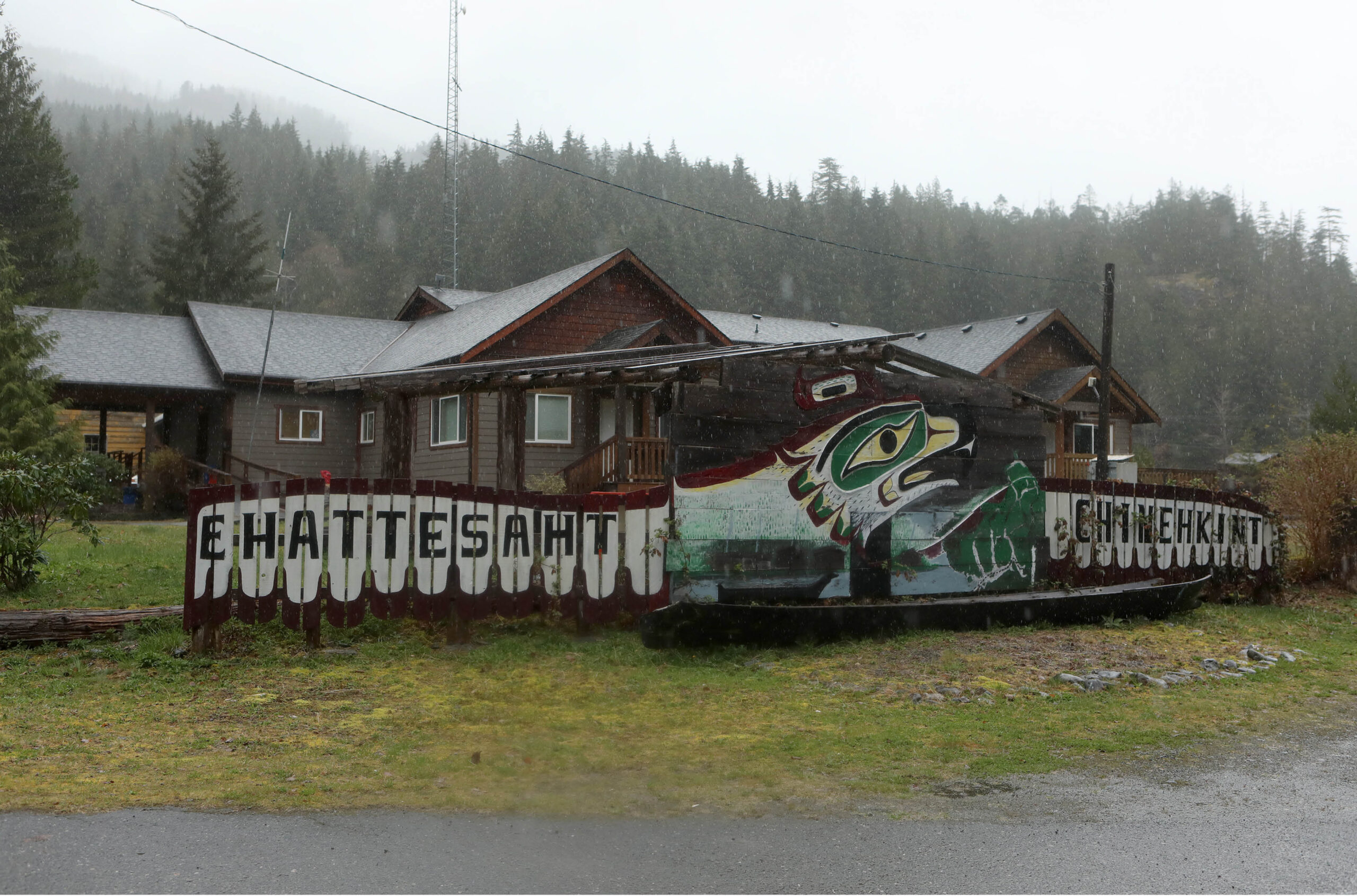An historic undertaking for Indigenous education in Quebec
Quebec’s first university by and for Indigenous Peoples in partnership with the First Nations Education Council and Quebec universities.

In February, the First Nations Education Council (FNEC) announced that the House of Knowledge, Quebec’s first university by and for Indigenous Peoples, is slowly coming to fruition in partnership with Quebec universities. It’s an “historic” milestone, said Denis Gros-Louis, Director General of the FNEC. This partnership strives to offer specially adapted university programs to Indigenous students. A business plan for the House of Knowledge will be submitted to Quebec’s department of higher education by 2027. “All Quebec’s universities were interested in partnering and contributing knowledge to the new institution from day one,” said Mr. Gros-Louis.
Ghislain Picard, former chief of the Assembly of First Nations Quebec-Labrador, noted in a statement: “The House of Knowledge is the result of the tenacity of communities to reaffirm their self-determination in education. It responds to a real need and will contribute to the trend of an increasing number of First Nations graduates observed in recent years. This project embodies the shared vision of First Nations to fully claim control over their education. Fifty years after the national policy ‘Indian Control of Indian Education,’ I am delighted to see this initiative take shape.”
The project aims to address educational deficits among Indigenous Peoples by improving graduation rates and increasing the number of qualified teachers.
Building on the Regional Education Agreement
In July 2022, the FNEC signed a historic funding agreement with the federal government to address funding deficits for Indigenous schools that dated from 1996. “As our youth become more active and engaged, we noticed that our graduation rates were a bit behind,” noted Mr. Gros-Louis. “Our chiefs concluded it was time we ran our own higher education network.”
FNEC is using its Kiuna Institution as a learning hub while they work on establishing research chairs and attracting experts over the coming years. As academic success rates rise among Indigenous students, the need for an entirely Indigenous university is more pressing than ever. “The goal is to make university education accessible to First Nations students, whether in urban or remote communities, by benefitting from experiences of Quebec universities,” says Mr. Gros-Louis.
The First Nations university will be created in several stages based on three priorities identified by First Nations Regional Chiefs. The first is to quickly prepare students to enter the workforce, which requires the institution’s financial needs to be met within the first 18 months. The second and third are to align the university with First Nations values and traditions and consider how best to root it in their cultures.
A survey is currently underway to identify the specific needs of individual communities, especially where workforce and training are concerned. Regional Chiefs are tasked with making decisions based on the anticipated knowledge and workforce requirements of the next 15 years. “Healthcare and education are themes that often come up,” explained Mr. Gros-Louis, “as do language and culture. I also hear more and more about using and modernizing traditional knowledge to achieve food self-sufficiency and reduce remote regions’ dependence on the biofood industry.”
The plan also anticipates partnering with the Regroupement des centres d’amitié autochtones du Québec (Native Friendship Centres of Quebec). This association will play an important role in the project, especially in orienting First Nations students to university life and contributing to logistics and support, including housing and student well-being.
Although the institutional board will be comprised of First Nations members with the aim of meeting the needs of Indigenous Peoples, the House of Knowledge will be open to all. In the 2000s, Mr. Gros-Louis also contributed to the creation of First Nations University of Canada in Saskatchewan where he managed the federal Indian land registry. Though he wasn’t present at its inauguration, he has visited it many times and followed the project closely. He noted that Saskatchewan’s example can inspire, but that First Nations in Quebec have totally different needs. “The project’s business plan has to be approved by the government,” he added. “Reports will be sent every six months to keep the Ministry informed and involved. The project is progressing well. We hope to have a concrete opening date very soon.”
Featured Jobs
- Veterinary Medicine - Faculty Position (Large Animal Internal Medicine) University of Saskatchewan
- Canada Excellence Research Chair in Computational Social Science, AI, and Democracy (Associate or Full Professor)McGill University
- Psychology - Assistant Professor (Speech-Language Pathology)University of Victoria
- Business – Lecturer or Assistant Professor, 2-year term (Strategic Management) McMaster University















Post a comment
University Affairs moderates all comments according to the following guidelines. If approved, comments generally appear within one business day. We may republish particularly insightful remarks in our print edition or elsewhere.